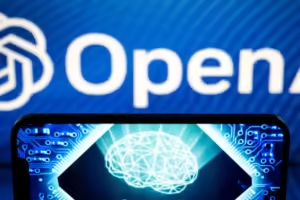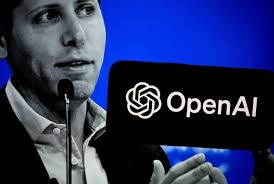OpenAI, the company behind the popular AI tool ChatGPT, is undergoing significant changes as it plans to restructure its business model. This shift aims to move control away from its non-profit board and towards a more traditional for-profit structure, potentially giving CEO Sam Altman more control and equity worth billions of dollars.

The restructuring news has coincided with the departure of several top executives. On Wednesday, OpenAI’s Chief Technology Officer Mira Murati, Vice President of Research Barret Zoph, and Chief Research Officer Bob McGrew announced their resignations. This suggests internal turmoil as the company navigates these changes.
The restructuring is intended to make OpenAI more appealing to investors, who have already invested billions into the company. By transitioning to a more conventional startup model, OpenAI hopes to attract further investment and support its rapid growth. However, this move has raised concerns about how the company will manage AI risks under a new governance structure.
In response to the executive departures, Sam Altman downplayed the situation, stating that leadership changes are a natural part of any rapidly growing company. He acknowledged the abrupt nature of these changes but emphasized that OpenAI is not a typical company, and such transitions are sometimes necessary.
OpenAI has not been primarily non-profit since 2019 when it introduced a for-profit arm to its structure. This controversial decision prompted co-founder Elon Musk to leave the company. Since then, OpenAI has secured significant funding, including a $13 billion contract with Microsoft, boosting its valuation from $14 billion in 2021 to potentially $150 billion recently.
Despite its financial success, OpenAI is reportedly burning through cash at an alarming rate, with potential losses of up to $5 billion this year due to the high costs of expanding its AI infrastructure. The company’s non-profit arm was initially established to ensure the development of safe artificial general intelligence (AGI) that benefits humanity. However, its influence in the new for-profit structure remains uncertain.
With a valuation exceeding $100 billion, investors are likely to scrutinize OpenAI’s business model and plan closely. The company’s ability to address these concerns and demonstrate a viable path to profitability will be crucial in maintaining investor confidence.
OpenAI’s restructuring marks a pivotal moment in its evolution from a non-profit to a profit-driven entity. While this transition may attract more investment, it also poses challenges in balancing financial goals with its original mission of developing safe and beneficial AI.




